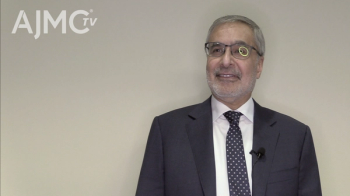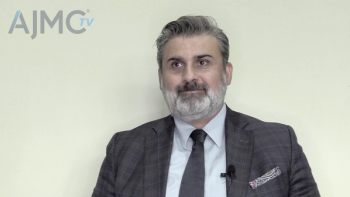
Dr Peter Paul Yu Explains Current Challenges With Precision Medicine
We need to bring together our real-world data and our reimbursement systems to recognize the fact that a lot of what could be gained by precision medicine is going to be based on a lot of research, explained Peter Paul Yu, MD, FASCO, FACP, physician-in-chief, Hartford HealthCare Cancer Center.
We need to bring together our real-world data and our reimbursement systems to recognize the fact that a lot of what could be gained by precision medicine is going to be based on a lot of research, explained Peter Paul Yu, MD, FASCO, FACP, physician-in-chief, Hartford HealthCare Cancer Center.
Transcript
What current challenges are there in precision medicine?
I think that the number of drugs that are either FDA approved or compendium listed based on precision medicine test is still fairly small; maybe a couple dozen or less. There are many more drugs in the pipeline, of course, but a lot of those will crash and burn on the way and never make it. So, there is a lot of work to be done in drug development to identify drugs that are effective and tolerable for a target, and we’re still very much in the research world realm of development.
We need to bring together our real-world data and our reimbursement systems to recognize the fact that a lot of what could be released and gained by precision medicine is going to be based on a lot of research, and unless we find a way to fund it at a time when we’re still in the research mode, you’d be very slow to realize the benefits of precision medicine.
Newsletter
Stay ahead of policy, cost, and value—subscribe to AJMC for expert insights at the intersection of clinical care and health economics.
















